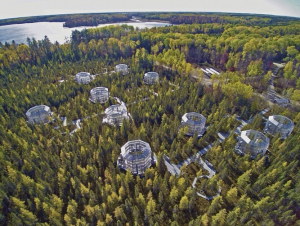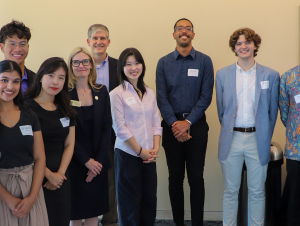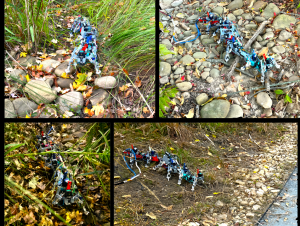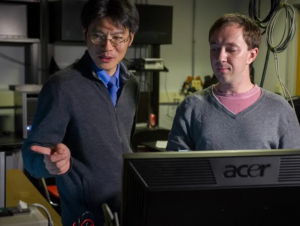Latest News
Between a third and half of all soil carbon on Earth is stored in peatlands, but as temperatures warm, this carbon is in danger of being released. A new study is unearthing the ratio of carbon dioxide to methane released — because while both are greenhouse gasses, methane is significantly more potent.
As people age, walking often becomes slower and less efficient, limiting mobility and independence. To address these challenges, three Georgia Tech researchers have received a $3.2 million Research Project Grant (R01) from the National Institutes of Health's (NIH) National Institute on Aging (NIA).
Georgia Tech welcomed the inaugural cohort of eight Stamps Fellows at a campus reception on August 27, 2025. As the Institute’s premier merit-based doctoral fellowship, the program supports outstanding graduate students across diverse disciplines through funding, professional development, and mentorship opportunities.
Scientists at Georgia Tech have teamed up with researchers at Johns Hopkins Medicine and Columbia University to better understand how certain types of air pollution increase the risk of developing dementia.
Juntao He, a Ph.D. student in the group of Daniel Goldman, Professor in the School of Physics at Georgia Tech led a pair of research papers that paves the way to make these bots able to move faster and climb higher in challenging environments.
Jun Ueda, Professor and ASME Fellow in the George W. Woodruff School of Mechanical Engineering at Georgia Tech, has been awarded approximately $700,000 by the National Science Foundation to establish methods to enhance cybersecurity for networked motion-control system.











